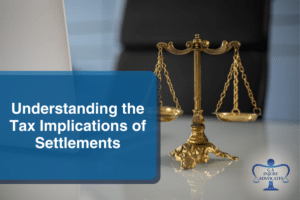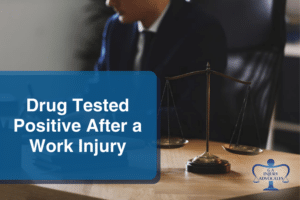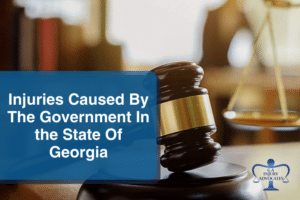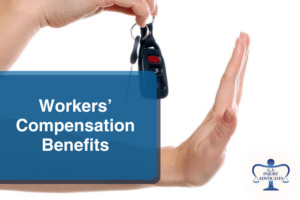When you find yourself on the receiving end of a lawsuit settlement, it's only natural to wonder about the tax implications of those funds. In this article, we aim to shed light on whether you're required to report these settlement proceeds as part of your taxable income. The determination of whether or not you need to include the settlement proceeds in your income is contingent upon a thorough examination of the ... Read More
Why Positive Client Reviews Help Personal Injury Lawyers in Georgia
The Power of Client Reviews: Elevating Personal Injury Lawyers in Georgia In the realm of personal injury law, establishing trust and credibility is paramount. For personal injury lawyers practicing in the state of Georgia, one of the most effective ways to achieve this is through client reviews. In this digital age, where information is readily available at our fingertips, prospective clients often turn to online ... Read More
What Are Your Options If You Drug Tested Positive After a Work Injury?
Impact on the progress of your workers' compensation claim and any legal proceedings If you test positive for drugs after a work injury in the state of Georgia, it can have significant implications for your workers' compensation claim and your employment. Georgia law allows employers and workers' compensation insurers to deny benefits if they can establish that the presence of drugs or alcohol was a substantial ... Read More
Can Your Employer Fire You from Your Job If You Drug Tested Positive After a Work Injury?
Were you terminated in retaliation for filing a workers' compensation claim? In the state of Georgia, the rules regarding an employer's ability to terminate an employee while they are receiving workers' compensation benefits are governed by state laws and regulations. While employees generally have protection against retaliation for exercising their workers' compensation rights, they may still be subject to lawful ... Read More
What Happens When Government Vehicles Are Involved In An Accident?
There's a wide range of vehicles used by government agencies and entities for various purposes. Government vehicles such as school buses and police cars play vital roles in ensuring the safety and security of Georgia's residents, with school buses focused on the safe transportation of students and police cars dedicated to law enforcement and public safety efforts. But what happens when these government vehicles are ... Read More
Laws And Procedures Related to Injuries Caused By The Government In the State Of Georgia
Consideration when pursuing a claim in Georgia for personal injuries caused by the government Laws and procedures related to injuries caused by the government in the state of Georgia may vary, and it's essential to consult with a qualified attorney in Georgia for specific guidance tailored to your situation. Although we'd have to discuss your case with you as each case is unique, for the purpose of this article, we ... Read More
Can The Insurance Company Deny Your Workers’ Compensation Benefits If You Drug Tested Positive?
Yes, in some situations, the workers' compensation insurance company can deny your workers' compensation benefits. Workers' compensation is a complex system with specific rules and regulations, and there are various reasons why an insurance company may deny a claim; however, not necessarily they can automatically deny your workers' comp claim just because you were positive for a drug test. Watch video ... Read More
Injured By The Government? How To Notify Them Of Injury
If you believe you have been injured by the government or a government entity, there are specific steps you can take to notify them of your injury and seek potential remedies. When notifying the government about your injury, there are several important factors to consider to ensure your claim is properly documented and your rights are protected. Keep in mind that the process can vary depending on your location and ... Read More
Drug Test and Workers Compensation Benefits in Georgia
Impact On My Workers’ Compensation Benefits in the State of Georgia If I Test Positive On A Drug Screen After An On-The-Job Accident In the state of Georgia, if you test positive on a drug screen after an on-the-job accident, it can have significant implications for your workers' compensation benefits. Georgia has specific laws and regulations that address the impact of drug or alcohol use on workers' compensation ... Read More
Do Personal Injury Lawyers Handle Dog Bite Cases?
Yes, our personal injury lawyers often handle dog bite cases. When a dog causes injury to a person, the owner of the dog may be held liable for the damages resulting from the bite or attack. Personal injury lawyers can assist the victim in seeking compensation for medical expenses, pain and suffering, lost wages, and other related damages. Regarding dangerous dog breeds, it's important to note that the concept of ... Read More











